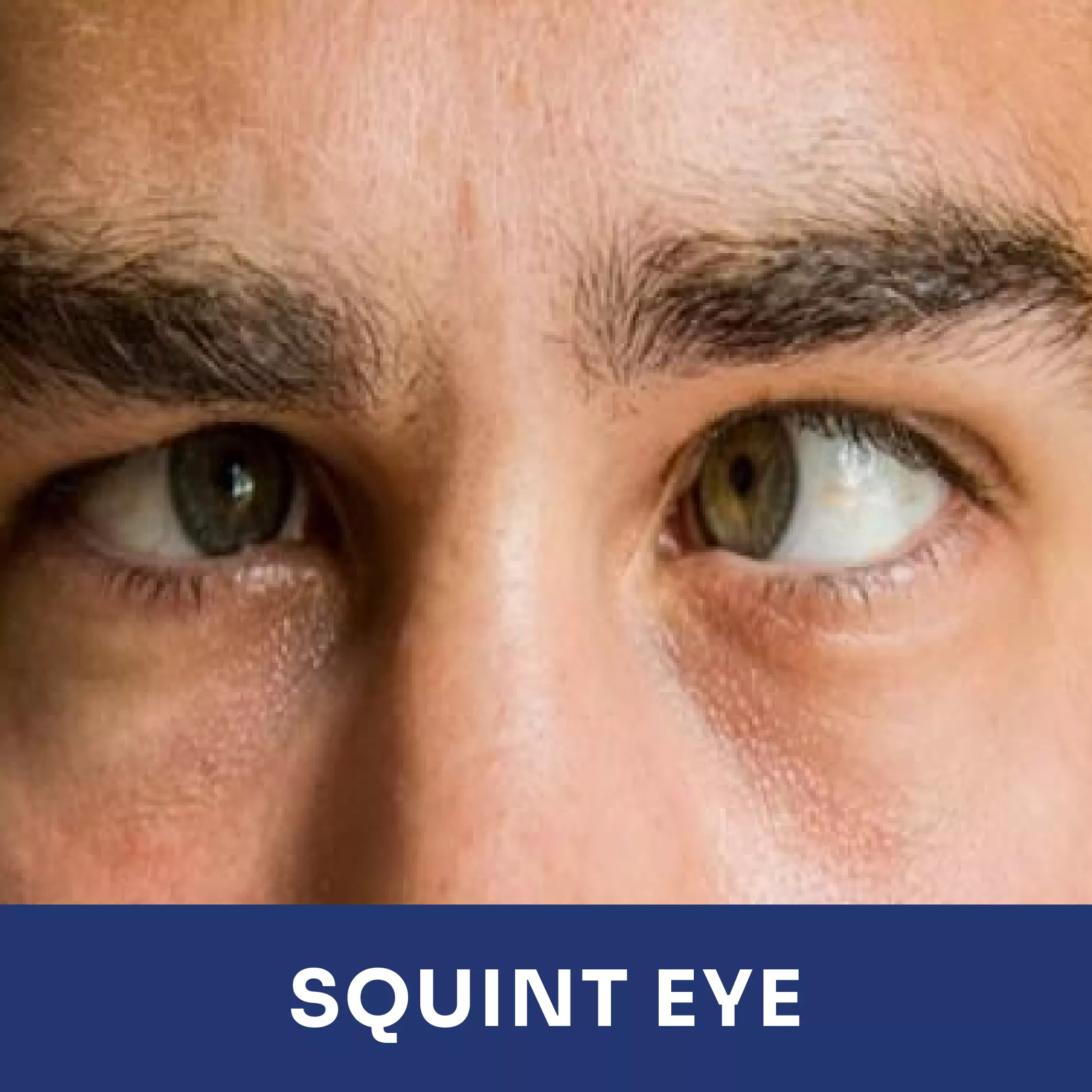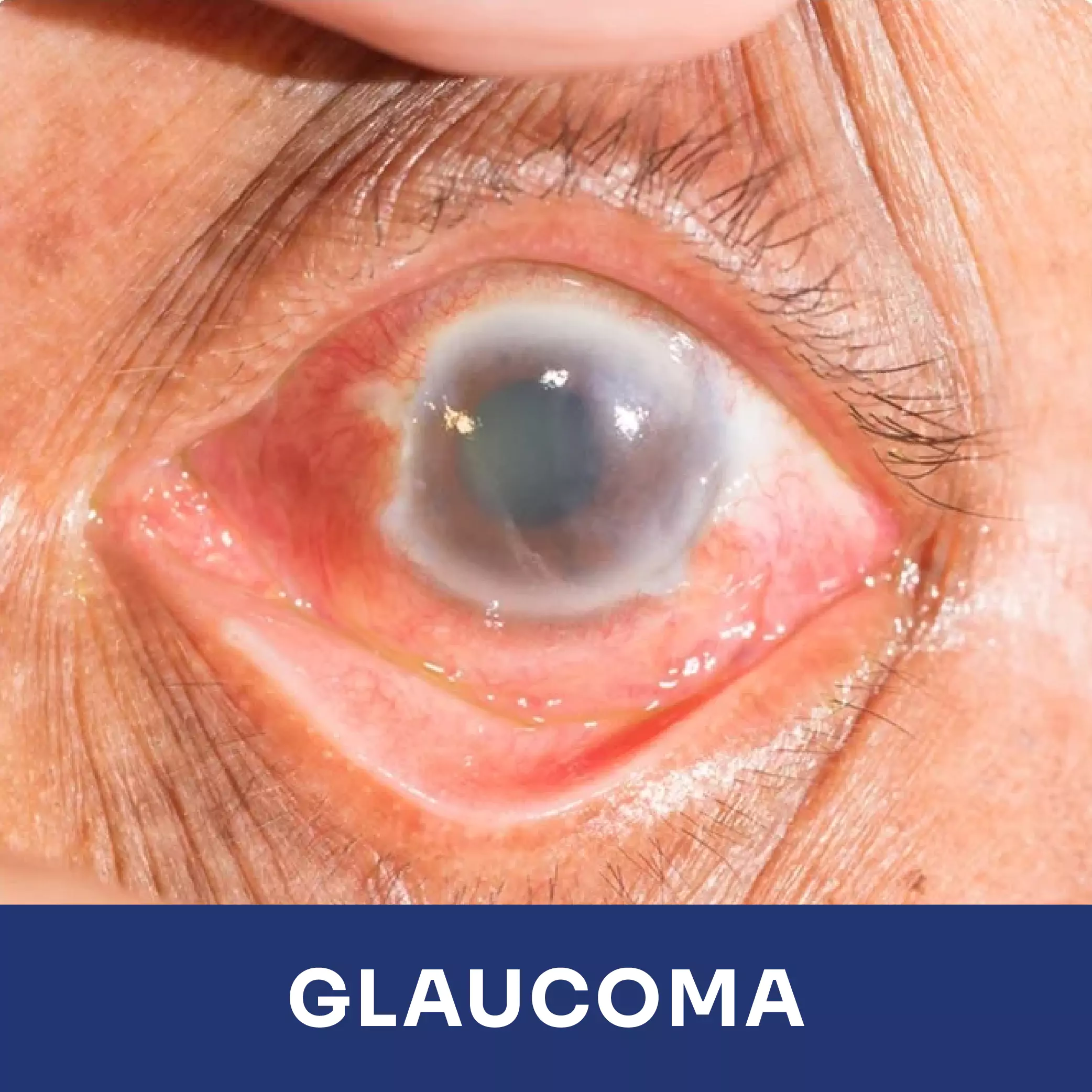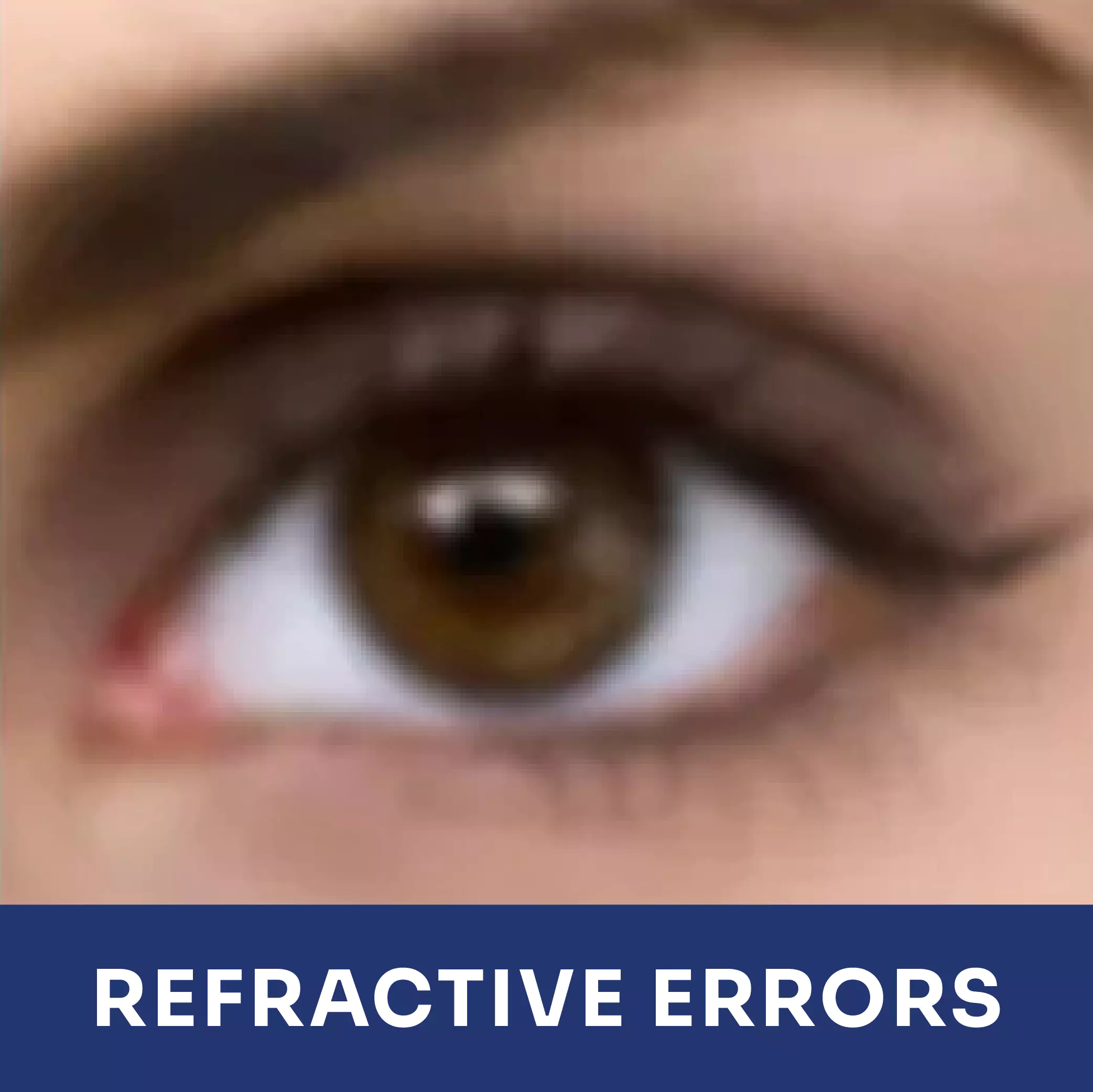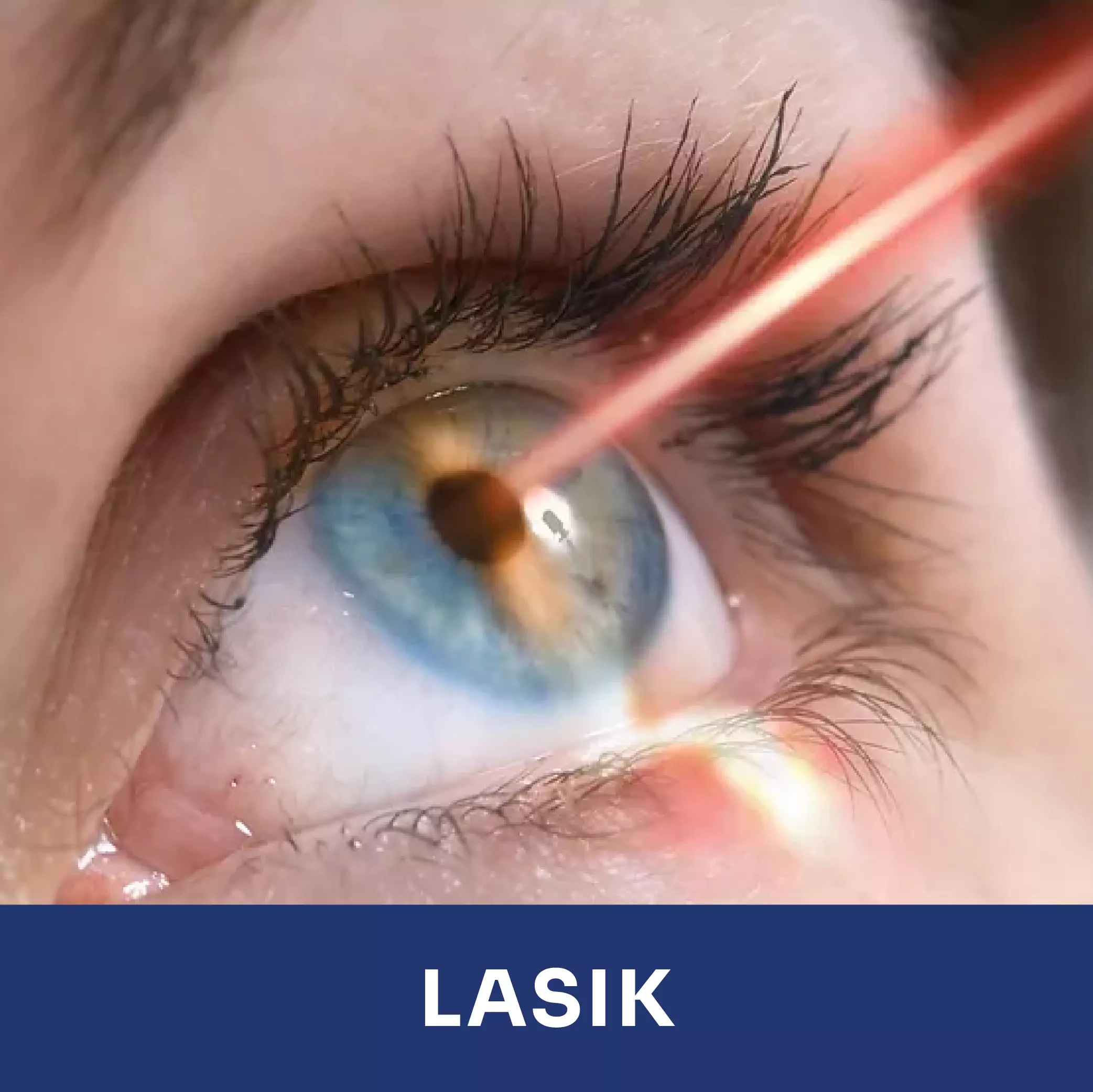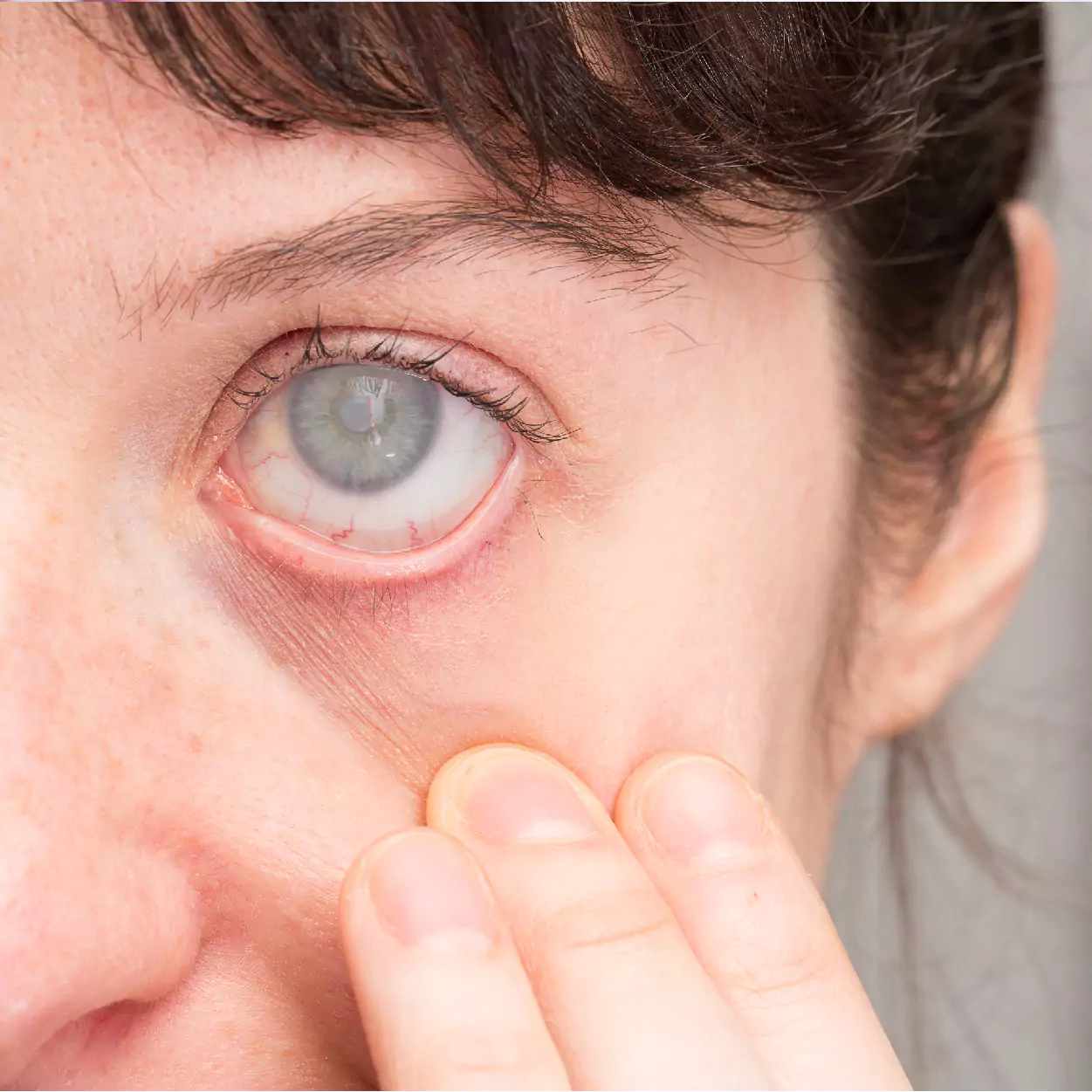
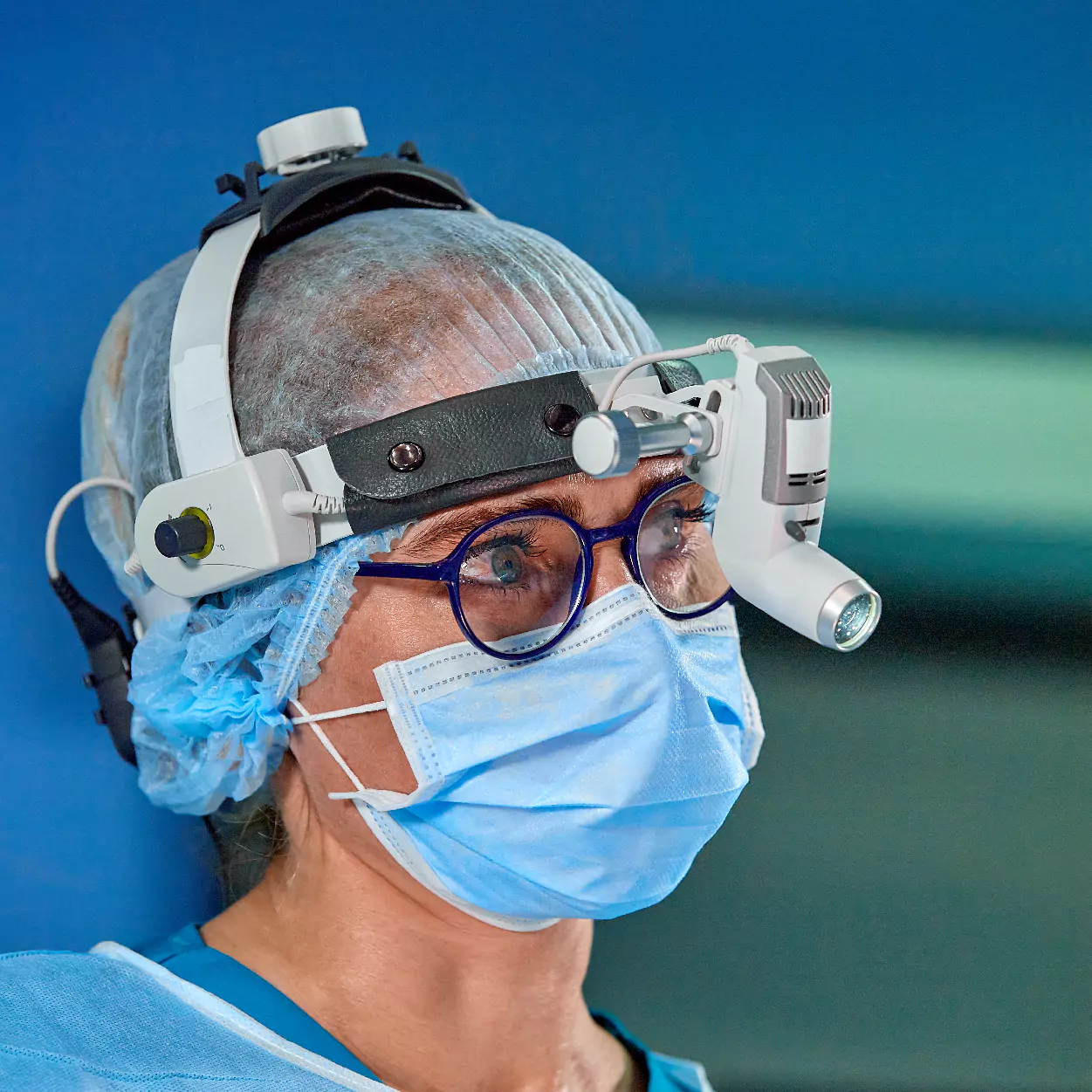
What is Cataract?
A cataract is when the lens inside your eye becomes cloudy, making it hard to see clearly. It can feel like looking through a foggy or dusty window. Cataracts are common as people get older and can be treated with surgery to restore clear vision.
Discover everything you need to know about cataract surgery and how it can restore your vision.
Symptoms
Cataracts cause blurry vision and make everyday tasks difficult. Here are some common symptoms:
- Blurred vision
- Sensitivity to light
- Seeing halos around lights
- Fading or yellowing of colors
- Difficulty seeing at night
- Double vision in a single eye
Causes
Cataracts usually develop with age but can be influenced by other factors. Common causes include:
- Aging
- Diabetes
- Smoking
- UV Radiation
- Eye Injury
- Family history
Impact
Cataracts can significantly affect your daily activities and quality of life:
- Difficulty driving: Especially at night or in bright sunlight.
- Challenges with reading: Blurry or double vision makes reading difficult.
- Reduced independence: Difficulty recognizing faces or navigating unfamiliar places.
Diagnosis
- Eye Examination: Comprehensive eye test by an ophthalmologist.
- Visual Acuity Test: Measures how well you see at different distances.
- Slit-Lamp Examination: Magnifies eye structures for close inspection.
- Retinal Exam: Examines the back of the eye.
- Applanation Tonometry: Measures eye pressure.
Treatments
Non-Surgical Options:
- New Glasses: Stronger prescription lenses.
- Brighter Lighting: Improved indoor lighting.
- Magnifying Lenses: For reading and close-up work.
Surgical Options:
- Phacoemulsification: Most common type of cataract surgery.
- Extracapsular Surgery: For advanced cases.
Frequently Asked Questions?
What is cataract surgery?
Cataract surgery is a procedure to remove the cloudy lens of your eye (cataract) and replace it with a clear artificial lens (intraocular lens or IOL).
How do I know if I need surgery?
You may need cataract surgery if your vision loss interferes with daily activities such as reading, driving, or watching TV. An eye doctor can determine the necessity based on your symptoms and vision tests.
What are the risks of cataract surgery?
While cataract surgery is generally safe, risks may include infection, bleeding, inflammation, swelling, retinal detachment, and vision loss. Most complications can be treated effectively.
How long is the recovery time?
Recovery time typically ranges from a few days to a few weeks. Most people notice improved vision within a few days, but complete healing can take about 4 to 6 weeks.
Will I need glasses after surgery?
Many people achieve good distance vision without glasses after cataract surgery. However, you may still need reading glasses or glasses for certain activities depending on the type of intraocular lens (IOL) used.
How successful is cataract surgery?
Cataract surgery is one of the most successful procedures, with a high success rate of about 95%. Most patients experience significantly improved vision after surgery.
Restore Your Vision with Advanced Cataract Surgery Solutions at SeeClearly
Don’t let cataracts cloud your view. Explore advanced treatments with top eye care professionals to regain clarity and enhance your life.
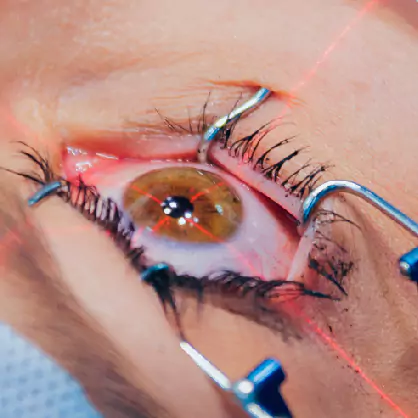
Consult Our Experts
Discover how advanced cataract surgery can improve your vision. Schedule a consultation with our trusted specialists.

